-
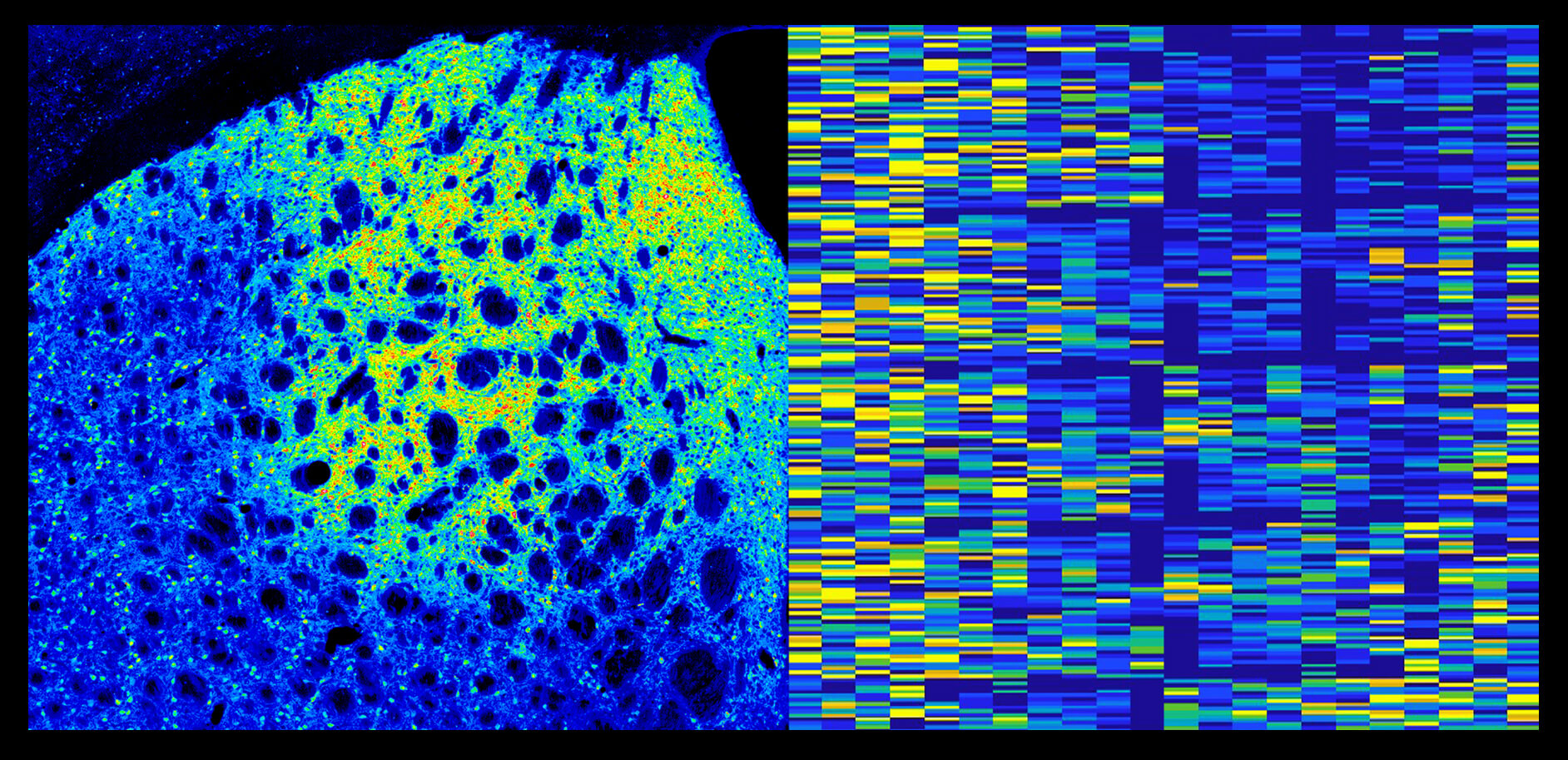 Read more
Read moreINSTRUMENTAL LEARNING | AGEING
Restoring goal-direction encoding in aged striatal circuits.
Bertran-Gonzalez J, Dinale C & Matamales M (2023) Current Biology
We found that D1- and D2-neurons of the aged striatum present a counterbalanced plasticity that promotes autonomous —habit-like—behaviours. Targeting the cellular state of D2-neurons invigorates goal-directed action.
-
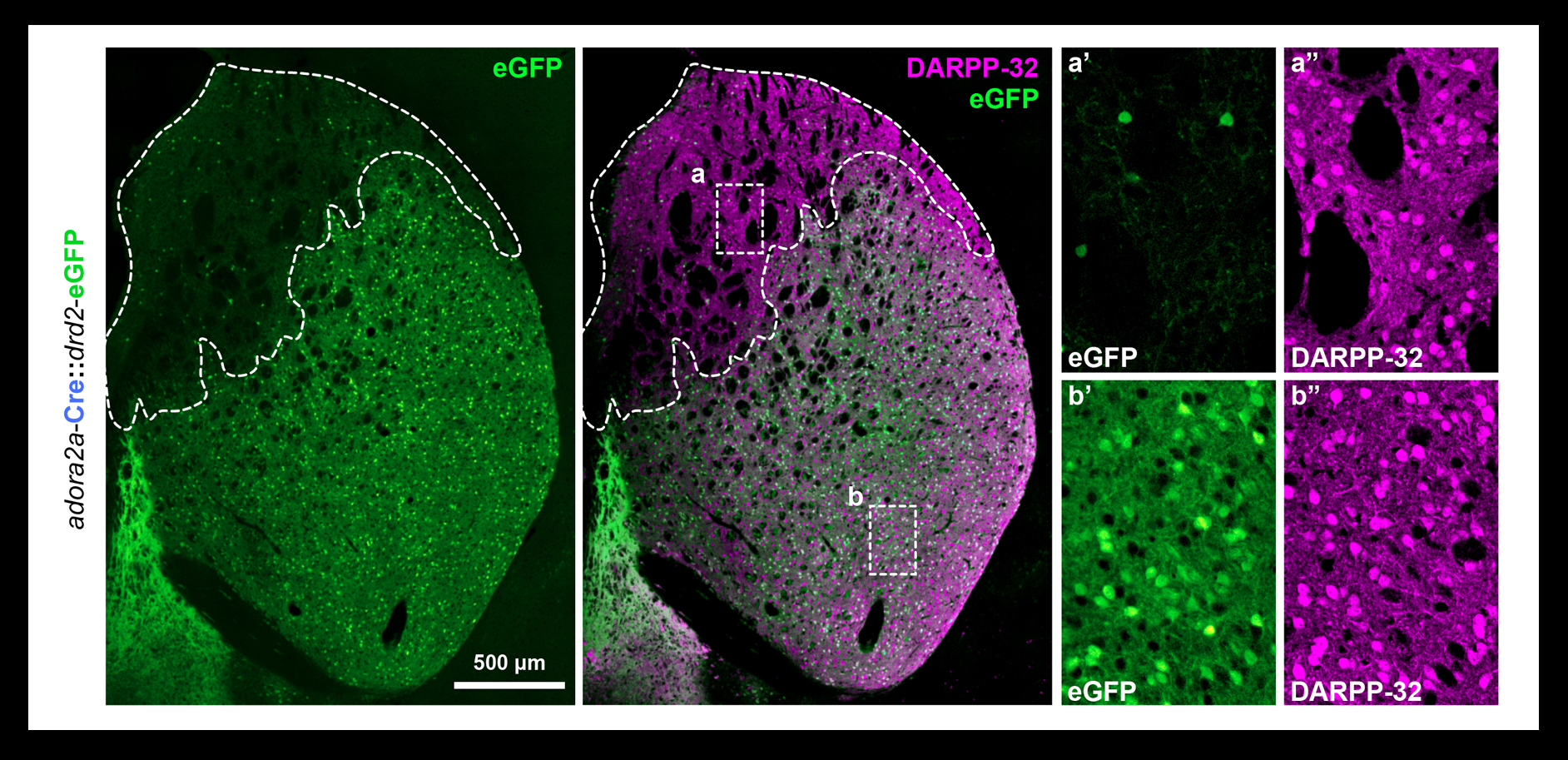 Read more
Read moreMEMORY UPDATING | EXTINCTION
A binary mosaic in the striatum to reshape goal-directed learning
Matamales M, McGovern AE, Mi JD, Mazzone SB, Balleine BW & Bertran-Gonzalez J (2020) Science
In this study we uncover previously unrecognised large-scale interactions between D1- and D2- neurons within functionally relevant striatal territories, that are critical to reshape volitional action.
-
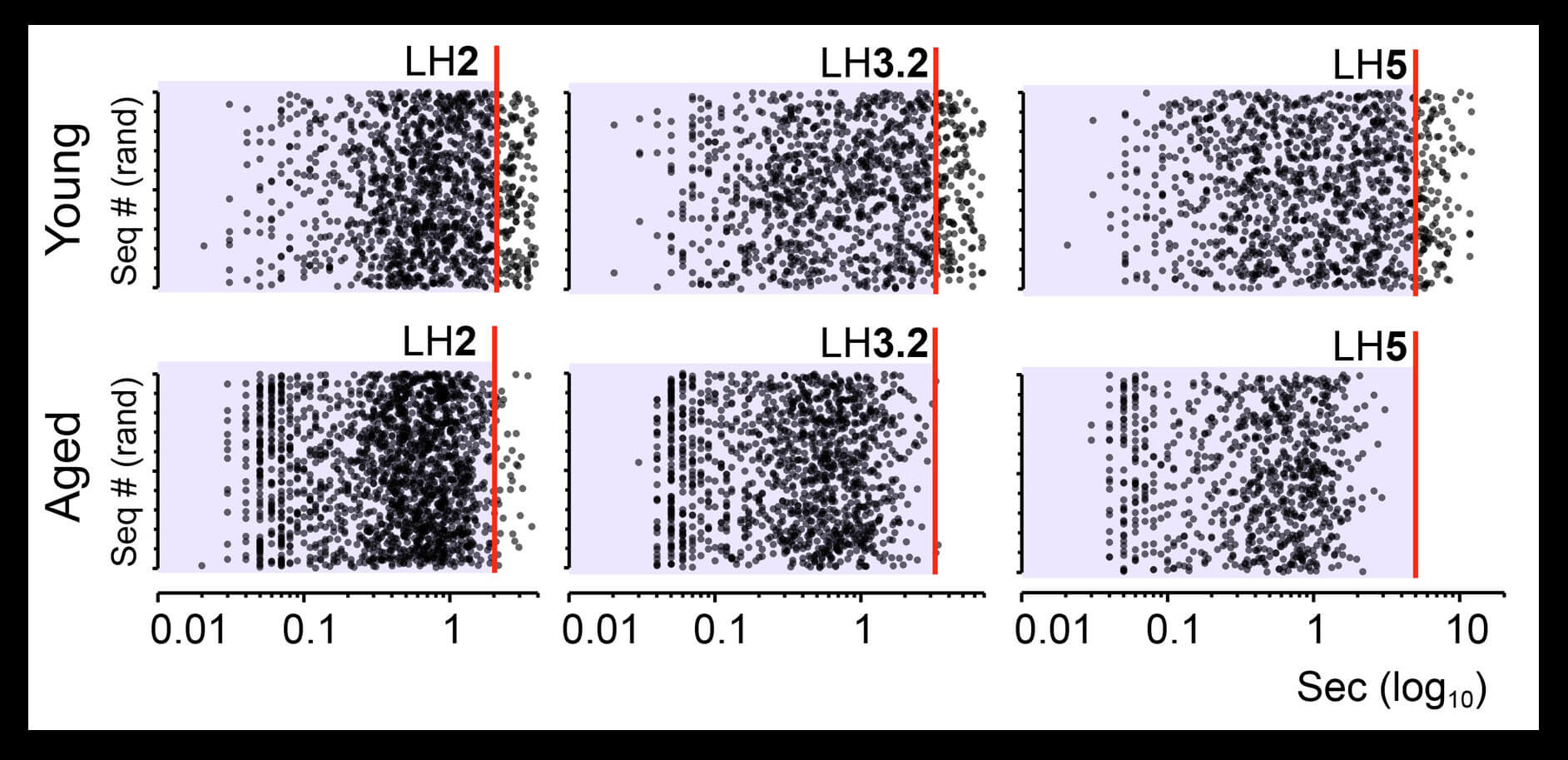 Read more
Read moreSEQUENCE LEARNING | AGEING
Strategies of the aged brain to produce action sequences
Matamales M, Skrbis Z, Bailey MR, Balsam PD, Balleine BW, Götz J & Bertran-Gonzalez J (2017) eLife
Detailed analysis of the acquisition of a skilled behaviour revealed that age introduces temporal limits to action automaticity. An action-related feedback cue temporarily restored normal sequence structure.
-
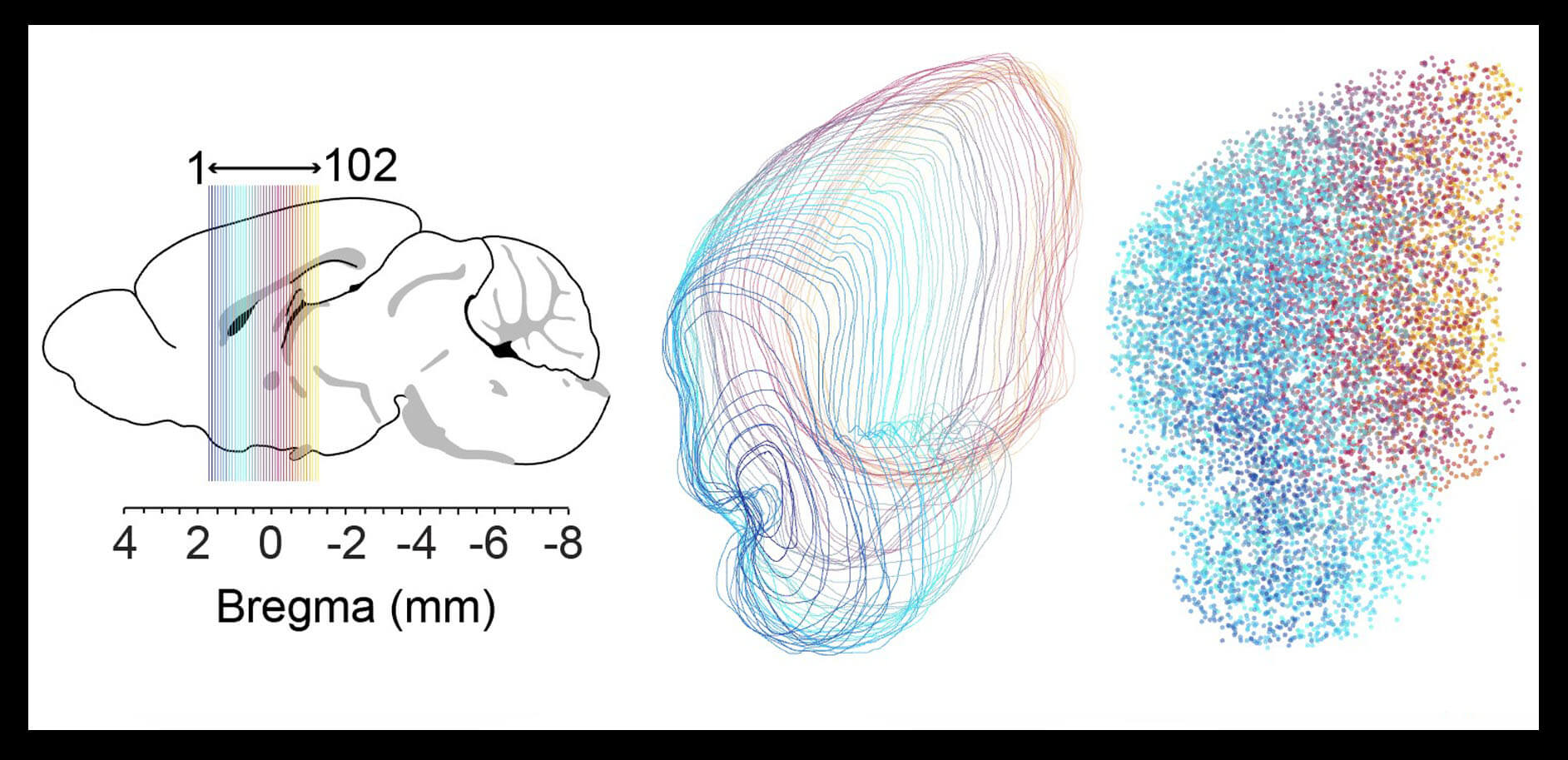 Read more
Read moreINTERNEURONS | QUANTITIVE IMAGING
Whole map reconstruction of the striatal cholinergic population
Matamales M, Götz J & Bertran-Gonzalez J (2016) PLoS ONE
We mapped and digitally reconstructed the entire population of cholinergic interneurons in the mouse striatum and discovered functional territory-dependent differences in distribution and neuronal activity.
-
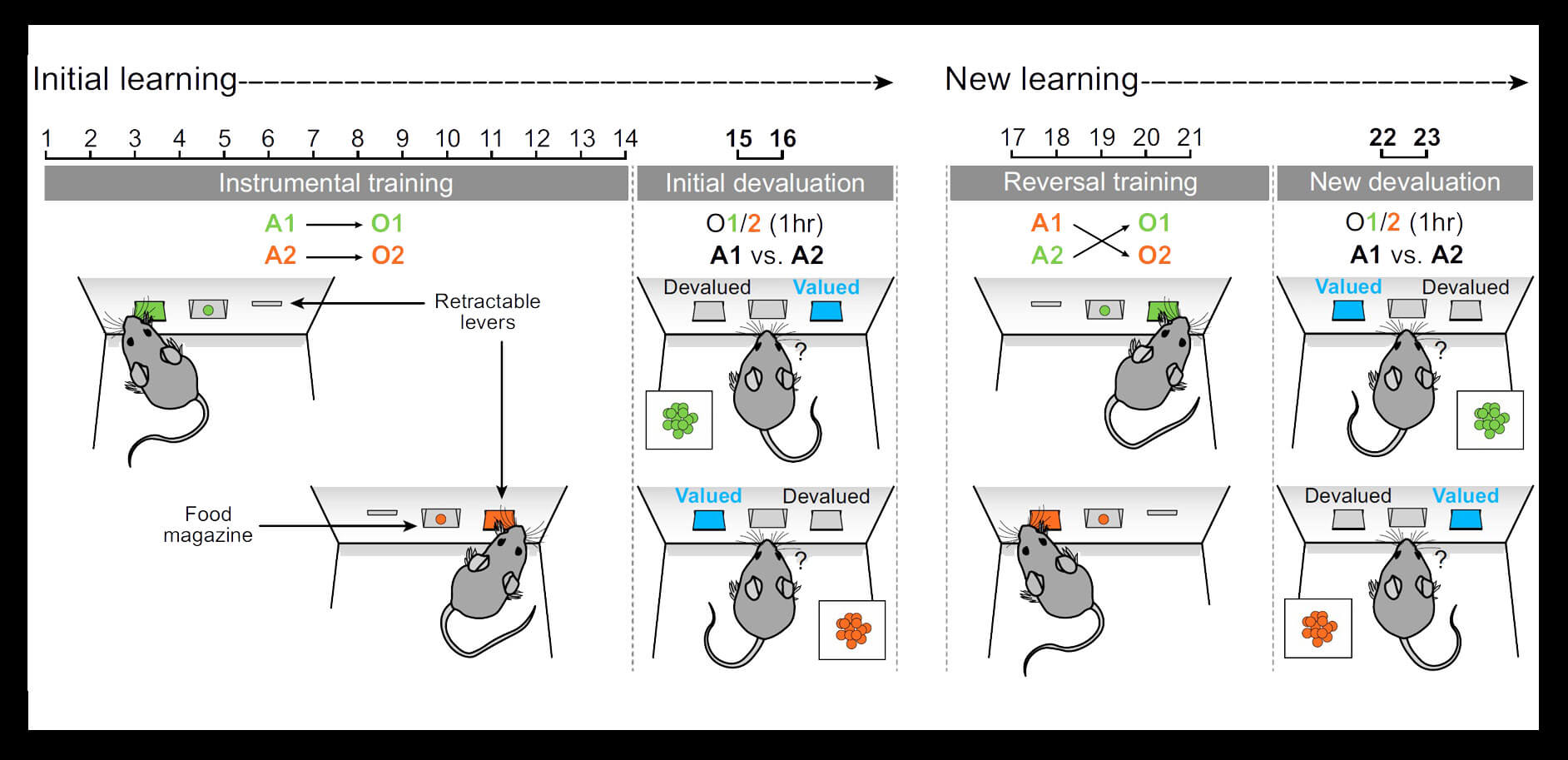 Read more
Read moreREVERSAL LEARNING | AGEING
Why older individuals struggle to adapt to change?
Matamales M*, Skrbis Z*, Hatch RJ, Balleine BW, Götz J & Bertran-Gonzalez J (2016) Neuron
We found that age-related decline in the thalamic-to-striatal pathway impairs the ability of mice to adjust to environmental changes in goal-directed learning tasks. Cholinergic interneurons play a critical role in this process.
-
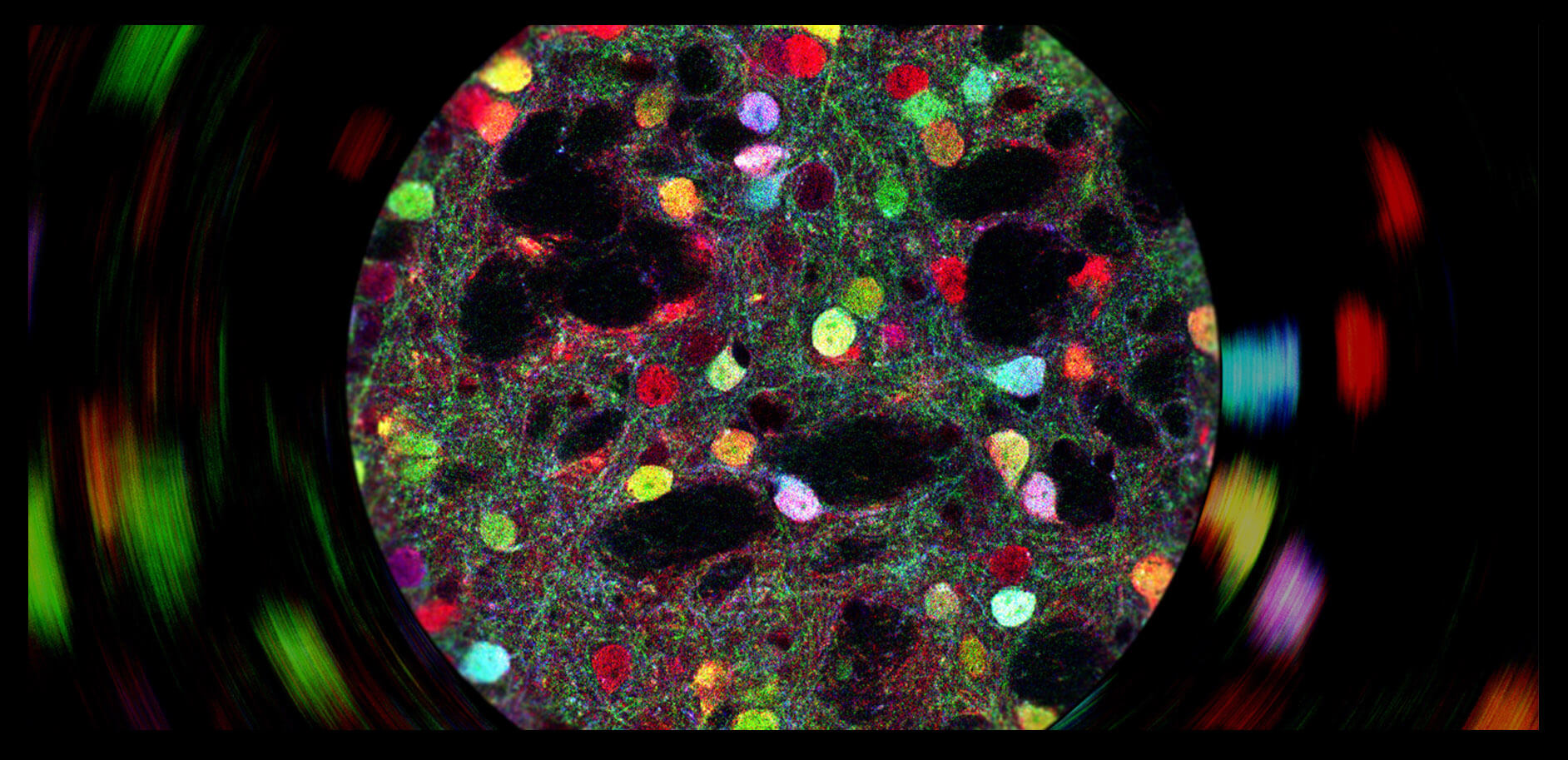 Read more
Read moreNEURONAL SUBPOPULATIONS | DRUGS
Patterns of activation in striatal neurons by cocaine and haloperidol
Bertran-Gonzalez J, Bosch C, Maroteaux M, Matamales M, Hervé D, Valjent E & Girault JA (2008) JNeurosci
We demonstrated the existence of a complete segregation between the striatonigral and striatopallidal circuits within the striatum in response to pharmacological stimuli using BAC-EGFP transgenic mice.
-
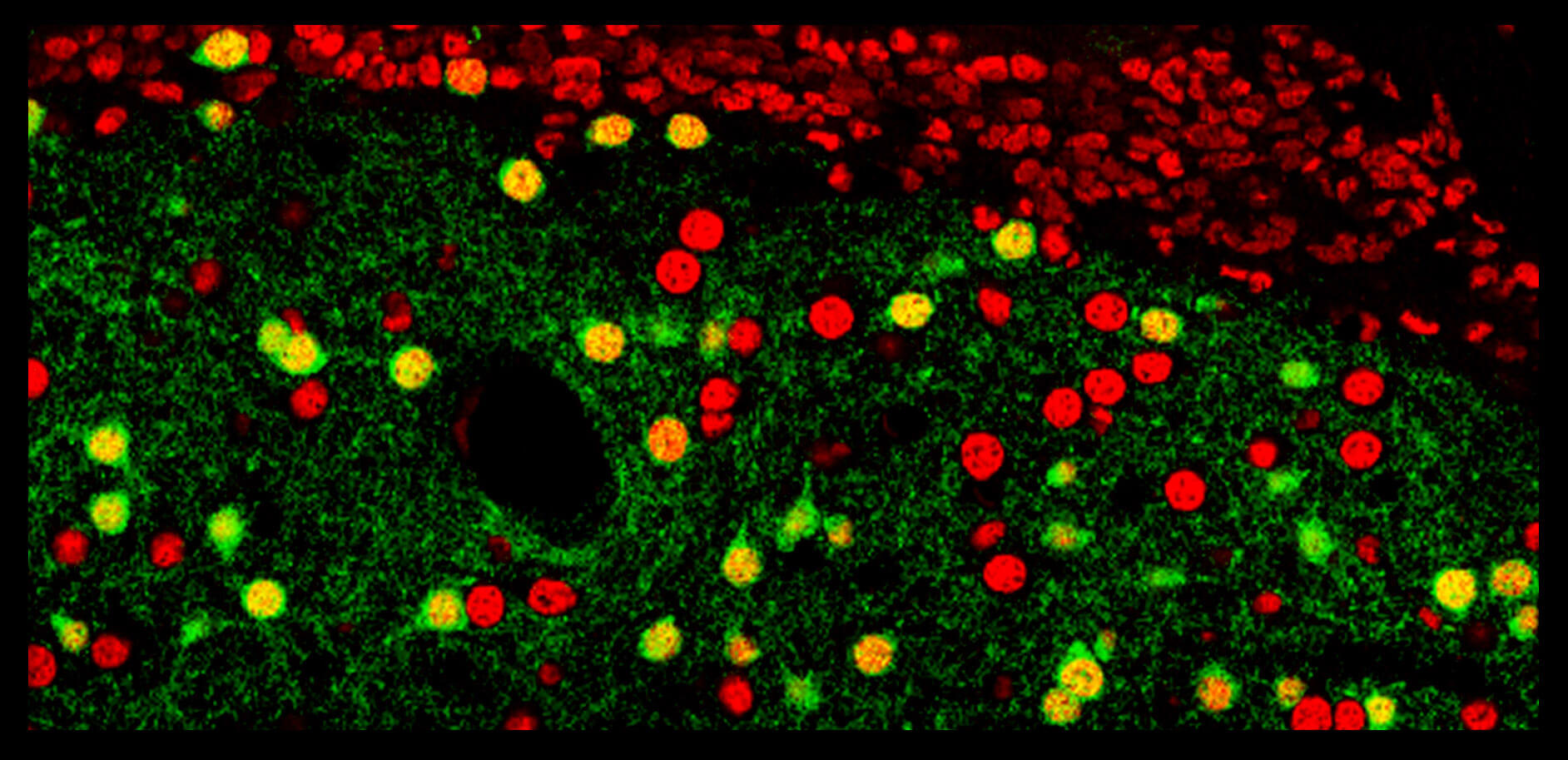 Read more
Read moreCELL SIGNALLING | DOPAMINE
A novel mechanism by which dopamine alters chromatin in neurons
Stipanovich A*, Valjent E*, Matamales M* […] Greengard P, Hervé D & Giratul JA (2008) Nature
We discovered that the dopamine-dependent regulated accumulation in the nucleus of a protein phosphatase inhibitor is key to encode drug and natural rewarding stimuli in striatal neurons.
-
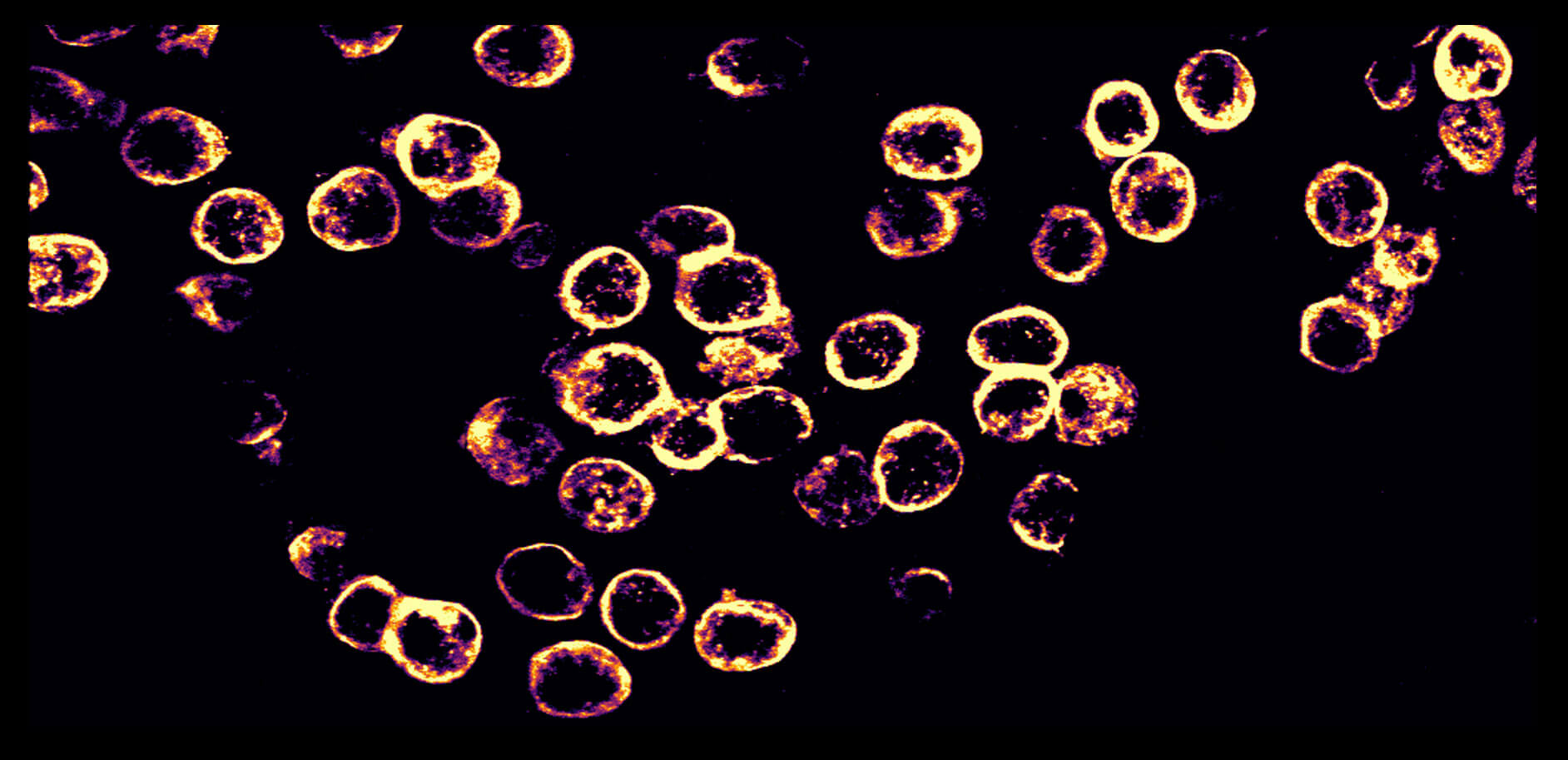 Read more
Read moreSTRIATAL NEURONS | NEUROANATOMY
Nuclear architecture diversity in the mouse striatum
Matamales M*, Bertran-Gonzalez J* […] Valjent E, Hervé D & Girault JA (2009) PLoS ONE
We showed that nuclear stain could distinguish the different neuronal populations of the striatum. We used this technique to precisely analyse BAC-transgenic lines for their application in neuroscience research.
GRANT FUNDING
Our work is currently supported by the Australian Research Council, the National Health and Medical Research Council, the Tourette Association of America and UNSW. Click for details
RESEARCH ETHICS & SAFETY
All experimental procedures are approved by the Animal Care and Ethics Commitee and the Gene Technology Research Commitee at UNSW.
CC LICENSE
Except where otherwise noted, NeuroModuLab.org by J.Bertran-Gonzalez & M. Matamales is subject to a Creative Commons Attribution 4.0 International license.
